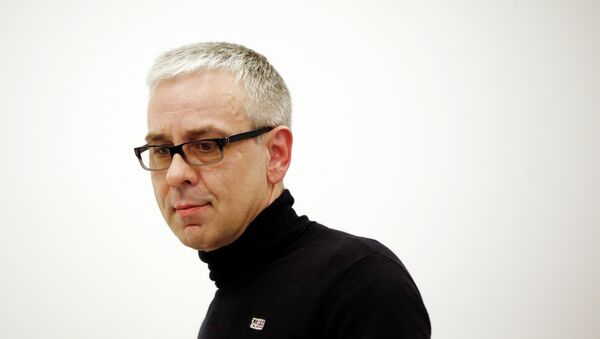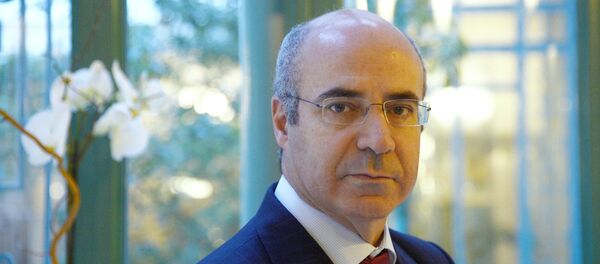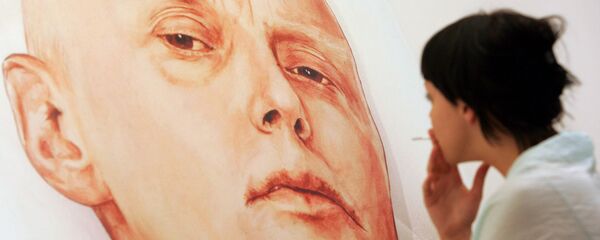Litvinenko — a former officer of the Russian security services — died in 2006 after allegedly being poisoned by polonium-210 in London. The inquest into his death was opened on November 30, 2006, but collapsed after eight years following a series of Public Immunity Interest requests by the UK Government, preventing key evidence being given by police and the intelligence services.
Dmitry Kovtun, one of two Litvinenko murder suspects, has confirmed will give evidence to London inquiry via video link on July 27, 28 or 29
— Tom Parfitt (@parfitt_tom) June 16, 2015
Sir Robert Owen, originally acted as Her Majesty's Assistant Coroner for Inner North London, and now sits as chairman of the public inquiry which will take evidence both in public and in private, allowing some of the evidence previously ruled out to be heard.
Litvinenko in 1998 accused the Russian authorities of conspiring to assassinate the tycoon Boris Berezovsky (found hanged in his bathroom in March 2013).
He also alleged widespread corruption within Russia's Federal Security Service (FSB). He fled to the UK where he worked as a security adviser and — according to his wife Marina — for MI6 at the time of his death. She contends that the agency could have saved his life.
The circumstances of Litvinenko's death are contested, but Russia has always said it would hand over two Russians accused of complicity in his death if a fair and transparent trial were to take place.
Hot Sushi
On November 1, 2006 at 3.30pm, he met Mario Scaramella, a security consultant and academic nuclear expert, in the Itsu sushi bar in Piccadilly, London. An hour later, he met two Russian men, both ex-FSB officers — Dmitry Kovtun and Andrei Lugovoy (now a Russian lawmaker) — in the Millennium Hotel, in Grosvenor Square, London.
Litvinenko complained of illness that evening and was admitted to hospital. He suffered a slow and agonising death from radioactive polonium-210 poisoning and died in University College Hospital on November 23, 2006.
The British authorities claim Kovtun and Lugovoy poisoned Litvinenko with pololium-210. Evidence of the radioactive substance was found on the aircraft both Russians traveled on, as well as in all the places all three men met.
Now, Sir Robert Owen has designated Kovtun as a Core Participant to the Inquiry, which means he is willing to: 1) attend a video-link evidence session in Moscow on dates specified by the Chairman; 2) cooperate with the inquiry regarding arrangements for that evidence; and 3) that he does intend to assert the privilege against self-incrimination.
Suspect in #Litvinenko killing to give evidence to inquiry into spy's death: http://t.co/VM3cEqBVg2 by @haydsmith pic.twitter.com/4rlyUFusHA
— James Edgar (@JamesEdgar) June 15, 2015
On 22 March 2015, Kovtun told the BBC that he would testify, by video-link, to the enquiry into Litvinenko's death. He said he had "heard a lot of statements which are easy to refute" and by participating he could "get access to the documents — including the secret material — so I can make my own conclusions."




